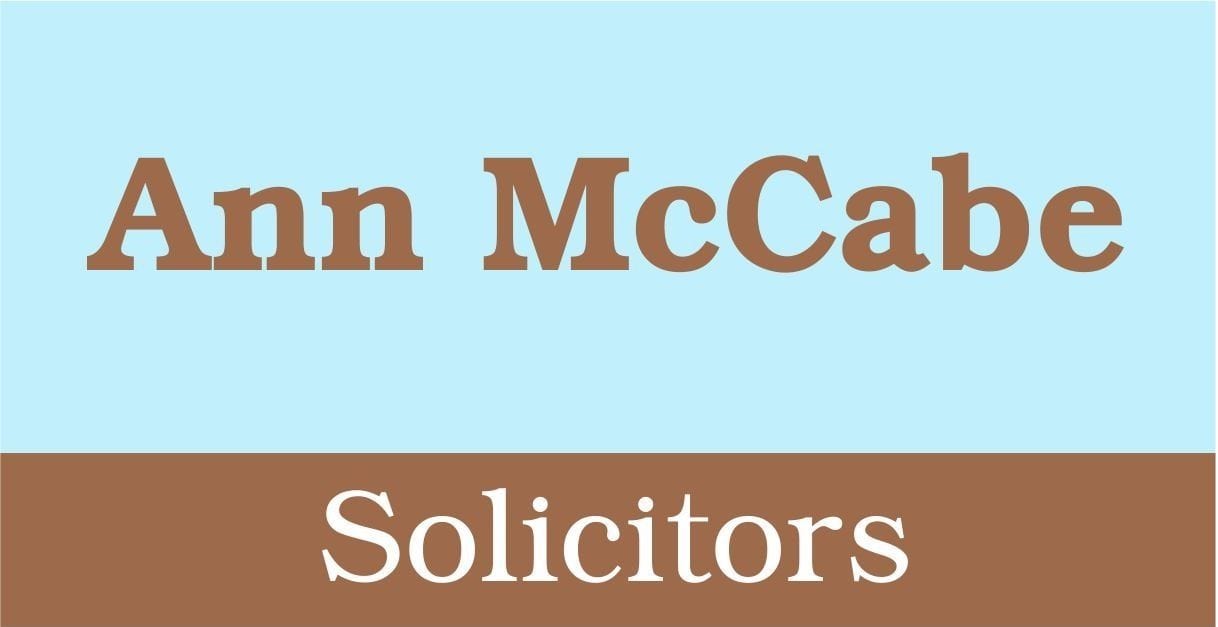
Representing yourself in court is increasingly common but can be a risky strategy. While the idea might seem straightforward, the reality is often far more complex. Getting expert legal advice at the beginning can avoid wasted time and costly mistakes.
The risks of representing yourself in court
If you’re considering representing yourself in court, you should watch this video produced by the BBC. It is an excellent summary of the problems people face without the benefit of legal advice. Without a lawyer, you can waste months—or even years going through stressful proceedings. You may never truly understand what you are doing or whether you’re heading in the right direction.
Trying to avoid legal fees can end up costing you more, perhaps through paying the other party’s legal costs, taking the wrong court route or missing out on the settlement you deserve due to a lack of evidence or a weak legal argument.
Can you get access to justice?
Access to Justice suffered a major blow in April 2013. Until then, in family law, legal aid was granted primarily on financial grounds. Since April 2013, the majority of people who would have qualified for legal aid no longer qualify. So many people simply cannot afford to pay a lawyer to help them understand what happens after a separation and to represent them in court.
If there were genuine access to justice without lawyers, this would not be so much of a problem. Many people believe that access to justice means access to lawyers, and if they cannot afford a lawyer, they cannot go to court. But this is not true. I often tell people, “It’s not the court that costs the money, it’s the lawyer.”
Since 2013, the court and judges have become used to dealing with unrepresented parties. But the justice system is not coping.
Did the pandemic break the justice system?
Right now, a major problem in gaining access to justice is the huge backlog in listing cases for hearing as a result of the pandemic. When the courts closed to the public in March 2020 and hearings went online, priority was given to cases involving the removal of children from their families by social services and criminal cases. No financial cases were listed for around 18 months. As a result of the backlog, I am now advising clients that, unless they are able to reach an agreement, it will take at least 12 months to make any progress in a court case.
Get free legal advice straightaway
Although more and more people are asking, “Can I represent myself in court?”, the best way to achieve Justice and closure following a separation is to get legal advice right at the start. That way, you will understand your options and can make an informed decision about whether to pay a lawyer to represent you or not. Getting legal advice at the beginning of your case can avoid fundamental mistakes.
This is why we provide free initial advice by telephone. If you decide to instruct us to represent you, we try to make our service affordable by charging fixed fees where appropriate and offering monthly payment plans or a litigation loan.
We also point you in the direction of other sources of free advice and representation.
We believe in Access to Justice
My journey into law began in 1986, driven by a passionate belief in access to justice for all. I worked in the legal aid sector until 2016, when I felt that the restrictions in the system meant I was not able to provide a good enough service to my clients. Despite the many obstacles, I still believe in facilitating access to justice. The team at Ann McCabe Solicitors is committed to providing the best and fairest outcome for you and your family, whilst avoiding unnecessary, stressful and costly battles.
For free initial legal advice, phone our office in Newcastle-under-Lyme on 01782 627589.
About the author

Ann McCabe is a solicitor and the founder of Ann McCabe Solicitors. She qualified as a solicitor in 1993 and has specialised in family law ever since. She has worked in Newcastle-under-Lyme since 1994.

